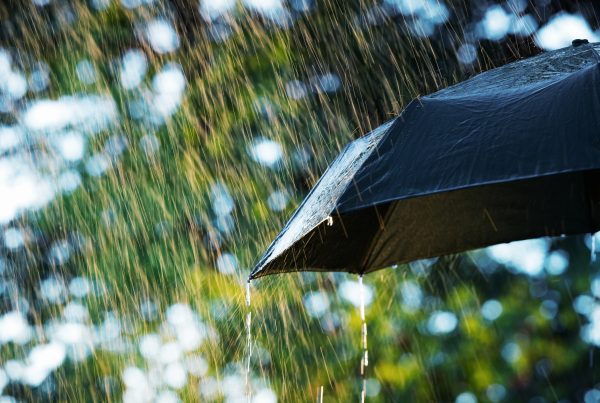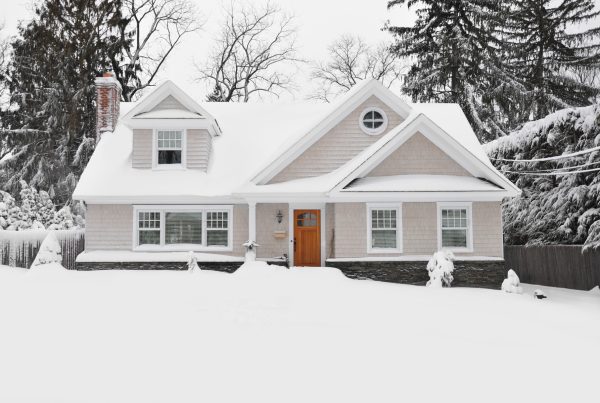Swimming pools are a great addition to any backyard. They provide a fun and refreshing way to beat the heat and enjoy the outdoors during the summer months. However, with the joys of pool ownership come certain risks and responsibilities. While pools are certainly enjoyable, because of their dangerous nature insurance companies have specific requirements for pool safety. If you’re considering installing a pool, make sure to take these factors into account and plan accordingly.
Below are a few safety measures to keep in mind during the installation of a pool, along with some helpful suggestions to ensure a safe summer for you and your guests.
Installing Fencing:
When it comes to ensuring the safety of your pool, installing a fence is one of the most crucial steps you can take. The fence should not only completely surround the pool area but also be at least 4 feet tall to provide an effective barrier. It is crucial that the gate is a self-latching gate and is locked when the pool is not in use.
It’s always a good idea to consult with your insurance agent to ensure that your fence meets the proper height requirements of your carrier, prior to installation. In addition, make sure you are conducting proper research on any other regulations required by your city’s building and zoning department, state, or even subdivision.
Installing A Pool Cover:
Safety precautions should include installing automatic retractable covers for those interested in an In-Ground pool.
An automatic pool cover provides a physical barrier that covers the pool and prevents access to the water when not in use. This can help prevent accidents such as drowning, especially for young children who are attracted to water. By installing an automatic pool cover, insurance companies see it as a proactive step toward pool safety, which can reduce the risk of claims and ultimately lower insurance premiums.
Additionally, an automatic pool cover can also help reduce the cost of maintenance and heating, which can result in lower insurance premiums. By keeping the pool clean and reducing water evaporation, an automatic pool cover can help lower the overall operating costs of the pool, which can ultimately lead to lower insurance premiums.
Ensuring Proper Supervision:
No safety precaution can fully replace the importance of proper adult supervision when it comes to pool safety. Establish clear rules and guidelines for pool usage, especially for children. Designate responsible adults who will actively monitor the pool area and be trained in CPR and first aid.
Educate Your Family and Guests:
Take the time to educate your family members and guests about pool safety. Teach children to swim at an early age and enforce strict rules regarding running, diving, and horseplay around the pool area. Emphasize the importance of never swimming alone and the dangers of electrical devices near the pool.
Investing in Safety Equipment:
In addition to fencing and pool covers, there are other safety equipment options to consider. Install pool alarms that can detect movement or entry into the water and sound an alert. These alarms act as an additional layer of protection, especially when combined with other safety measures. Additionally, having life-saving equipment such as lifebuoys, reaching poles, and a first aid kit readily available near the pool area is essential.
Maintaining Proper Chemical Balance:
Keeping the pool water clean and properly balanced is not just about aesthetics but also about safety. Improperly balanced chemicals can lead to skin and eye irritations, as well as pose health risks. Regularly test the water and maintain the appropriate chemical balance recommended by professionals. This not only promotes a healthy swimming environment but also reduces the risk of accidents or illnesses caused by chemical imbalances.
Review Your Insurance Coverage:
Finally, as a responsible pool owner, it is crucial to review your insurance coverage. Contact your insurance provider to ensure that your homeowner’s insurance policy adequately covers your pool and its associated risks. Understand the terms, conditions, and exclusions of your policy and discuss any necessary adjustments or additional coverage requirements with your agent. By proactively addressing insurance considerations, you can protect yourself from financial burdens in case of accidents or injuries.
Installing a pool is an exciting endeavor, but it also comes with significant responsibilities for ensuring the safety and security of everyone who uses it. By following these precautionary measures, you can create a safe and enjoyable swimming environment for everyone. Remember, pool safety is a shared responsibility, and taking the necessary precautions will help minimize risks, promote peace of mind, and ensure that your pool remains a source of endless fun and relaxation for years to come.









